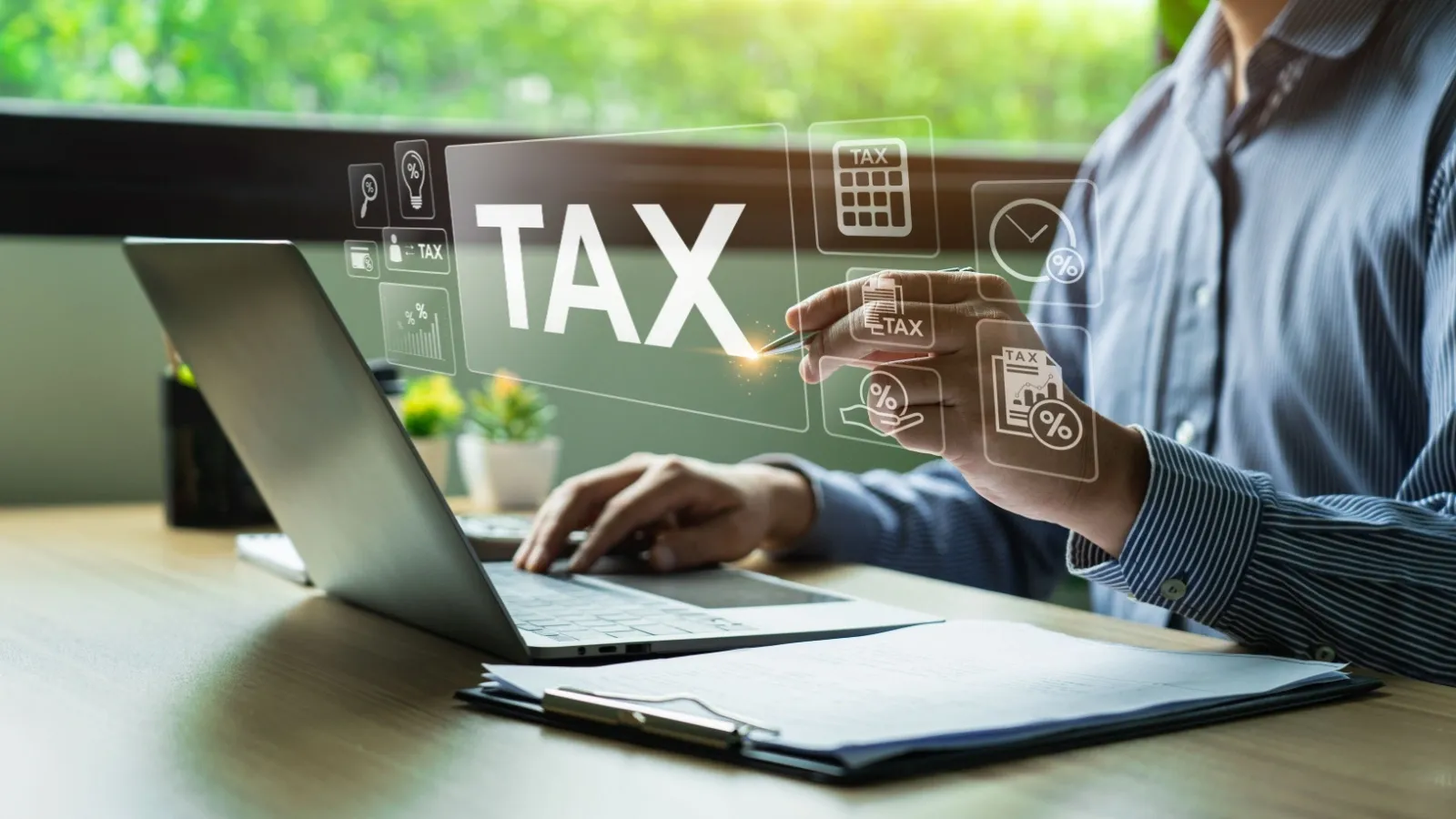Personal Finance News
Non-disclosure of foreign assets in ITR can lead to ₹10 lakh penalty and imprisonment. How to avoid?

5 min read | Updated on July 08, 2025, 14:04 IST
SUMMARY
Many taxpayers find themselves entangled in avoidable litigation or assessment proceedings simply due to missed or incorrect reporting, especially when information under CRS/FATCA flags inconsistencies in their ITR.

The need for tax compliance and transparent disclosure has become more critical than ever now. | Representational image source: Shutterstock
As global investing becomes more accessible, many Indian taxpayers now hold shares, exchange-traded funds (ETFs), or other financial instruments outside India.
In FY25, Indians remitted 1,699 million USD outwards under the Liberalised Remittance Scheme (LRS) for investment in equity/debt, an increase of 12% as compared to FY24.
While these foreign investments may yield significant returns, they also bring with them critical tax and compliance requirements, including under the Income Tax Act, 1961.
Non-compliance can lead to payment of up to 3 times the tax payable along with a penalty of ₹10 lakh under the Black Money Act.
Let’s understand the reporting requirements associated with foreign securities and virtual digital assets (VDAs), including clarifications issued by the Income Tax Department through its awareness campaign and official circulars.
India is a participant in global tax transparency initiatives such as the Common Reporting Standard (CRS) and the Foreign Account Tax Compliance Act (FATCA). These frameworks allow Indian tax authorities to receive detailed information on foreign accounts held by residents of India.
Consequently, the Indian taxpayers are required to disclose their global income and foreign assets accurately in their Income Tax Returns (ITRs).
Under the Income-tax Act, 1961 requires taxpayers to disclose:
- Foreign assets and income via schedule FA
- Foreign source income via schedule FSI
- Tax relief on foreign taxes paid via schedule TR
- Virtual digital assets via schedule VDA
Failure to comply with these disclosures may lead to a payment of additional taxes and penalties.
Schedule FA (foreign assets)
Applicable to Resident and Ordinarily Resident (ROR) taxpayers. Not applicable to NRIs and RNORs.
You must report:
- Foreign bank, depository, or custodial accounts
- Foreign shares/ETFs (held directly or through platforms like Interactive Brokers, Vanguard, etc.)
- Foreign immovable properties
- Trusts or other foreign legal arrangements
Other capital assets or income from foreign sources
Peak balance, closing balance, and income from these assets during the calendar year (1 Jan to 31 Dec) must be disclosed in INR using SBI’s TTBR.
No. If foreign currency is physically held or kept in Indian bank accounts (e.g., RFC or FCNR), it is not required to be disclosed under Schedule FA. Schedule FA applies only to assets located outside India.
Schedule FSI (foreign source income)
Report income accruing or arising from any foreign source:
- Dividends, interest, capital gains, or rent earned abroad
- Mention relevant head of income, country, TIN, and DTAA article (if relief is claimed)
Schedule TR (tax relief)
Tax relief refers to the deduction or credit allowed to a taxpayer for taxes paid in a foreign country to avoid double taxation of the same income in India.
If you are a resident taxpayer in India and have earned income from a foreign country that has already been taxed there, India allows you to claim relief on such foreign tax through:
-
Section 90 / 90A – DTAA Relief: Applicable when India has a Double Taxation Avoidance Agreement (DTAA) with the foreign country. Relief is claimed as per treaty provisions.
-
Section 91 – Unilateral Relief: Applicable when no DTAA exists with the foreign country. Income tax unilaterally allows a tax credit for taxes paid abroad, subject to limits.
- Report income in Schedule FSI.
- Report tax relief in Schedule TR.
- File Form 67 before the ITR to claim the credit.
Schedule VDA (virtual digital assets)
Applicable to taxpayers who have dealt in:
- Cryptocurrencies (e.g., Bitcoin, Ethereum)
- NFTs or other blockchain-based assets
- Date of acquisition and sale
- Cost, consideration received
- Tax paid (30% flat without deductions)
If foreign crypto is held via foreign wallets/exchanges, it must also be disclosed under Schedule FA in addition to VDA.
Penalties and consequences of non disclosure
Under the Black Money Act:
- Penalty of ₹10 lakh per undisclosed foreign asset
- Penalty: in addition to tax payable, a sum equal to three times the tax payable
- Imprisonment: Six months to seven years
The Income Tax Department also uses data shared under CRS/FATCA to identify non-compliant taxpayers.
As Indian investors increasingly explore global opportunities—be it through foreign equities, ETFs, or virtual digital assets—the need for tax compliance and transparent disclosure has become more critical than ever.
With global information-sharing protocols like CRS and FATCA in place, the Indian tax authorities have access to detailed data on foreign financial holdings. Consequently, non-disclosure is not just risky—it is traceable and punishable under stringent laws like the Black Money Act.
Importantly, proper and timely disclosure significantly reduces the risk of receiving scrutiny or notices from the Income Tax Department. In fact, many taxpayers find themselves entangled in avoidable litigation or assessment proceedings simply due to missed or incorrect reporting, especially when information under CRS/FATCA flags inconsistencies in their ITR.
Related News
By signing up you agree to Upstox’s Terms & Conditions
About The Author
Next Story



